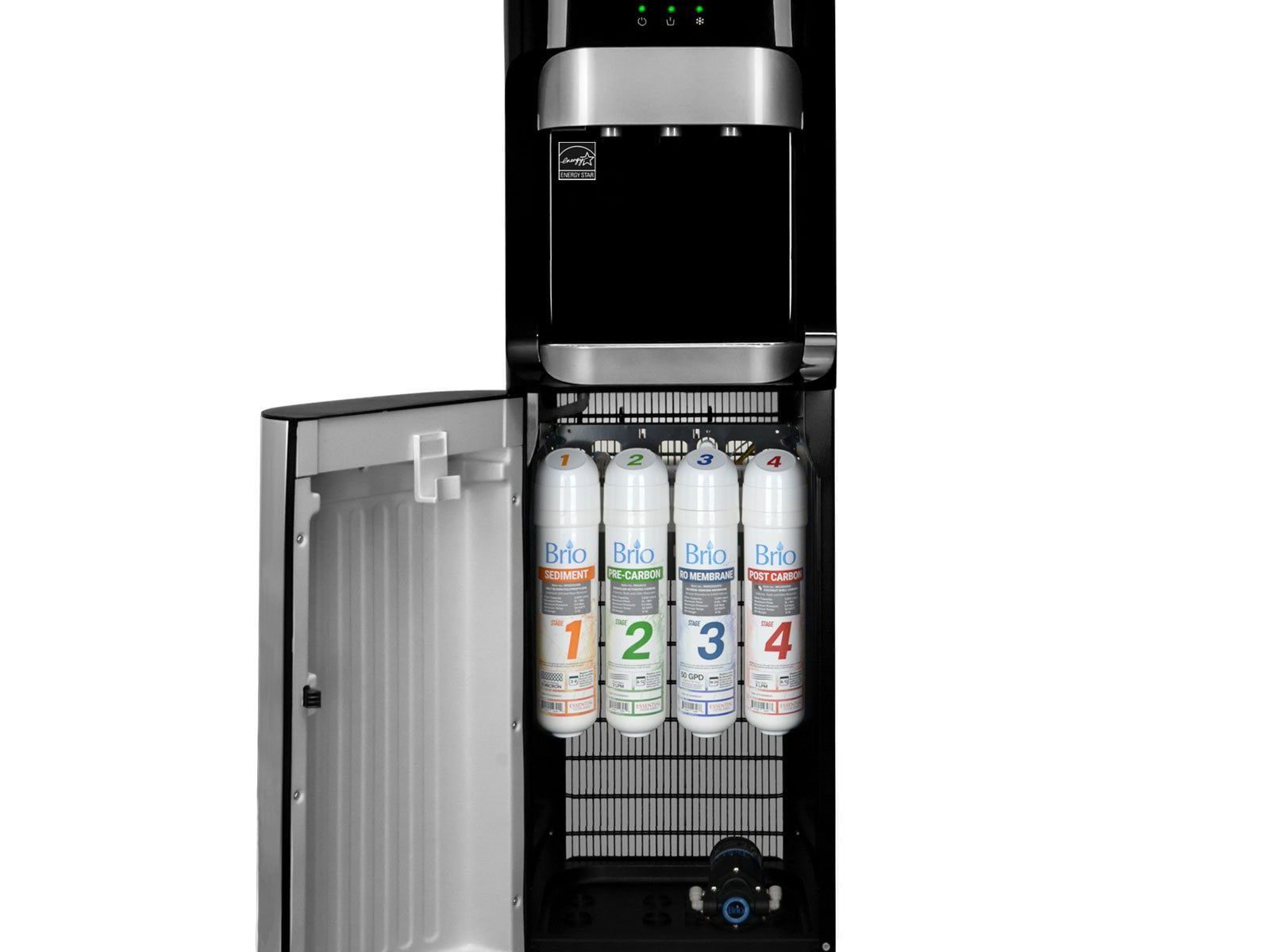In the ever-evolving landscape of modern home appliances, the fridge water dispenser has become a ubiquitous feature, offering a convenient and refreshing way to hydrate ourselves and our families. However, as with any appliance that interacts directly with our water supply, there are valid concerns about the safety and reliability of these water dispensers.
In this comprehensive guide, we’ll delve into the intricacies of fridge water dispenser safety, addressing the potential risks, the regulatory standards, and the best practices to ensure that the water flowing from your refrigerator is not only refreshing but also safe for consumption. Whether you’re a new homeowner or a seasoned appliance user, this article will equip you with the knowledge to make informed decisions and maintain a healthy, worry-free hydration routine.
So, let’s dive in and explore the world of fridge water dispenser safety, empowering you to quench your thirst with confidence and peace of mind. After all, the well-being of you and your loved ones should always be the top priority when it comes to the appliances in your home.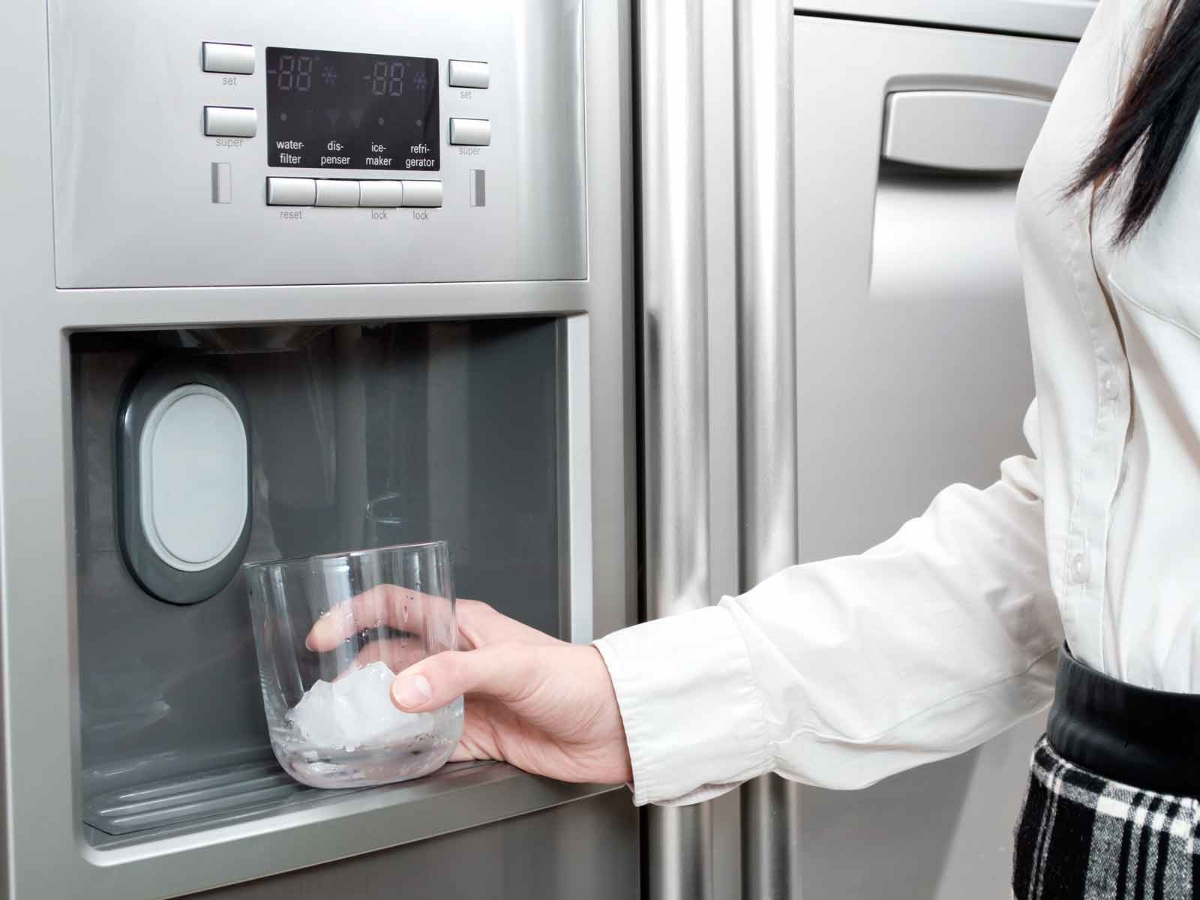
Understanding Fridge Water Dispenser Safety Concerns
Before we can address the safety of fridge water dispensers, it’s essential to understand the potential risks and concerns that may arise from their use.
Contaminants and Water Quality
One of the primary concerns with fridge water dispensers is the potential for the water to become contaminated, leading to potential health risks.
Bacterial Growth and Biofilm Formation
Improper maintenance or the build-up of organic matter in the water lines can foster the growth of harmful bacteria and the formation of biofilms, which can degrade water quality.
Chemical Contamination
The materials used in the construction of the water dispenser, as well as the condition of the household plumbing, can potentially lead to the leaching of harmful chemicals into the water.
Mechanical Reliability and Functionality
The mechanical components of the fridge water dispenser, such as the water filter and the dispensing mechanism, can also pose safety concerns if not properly maintained or functioning correctly.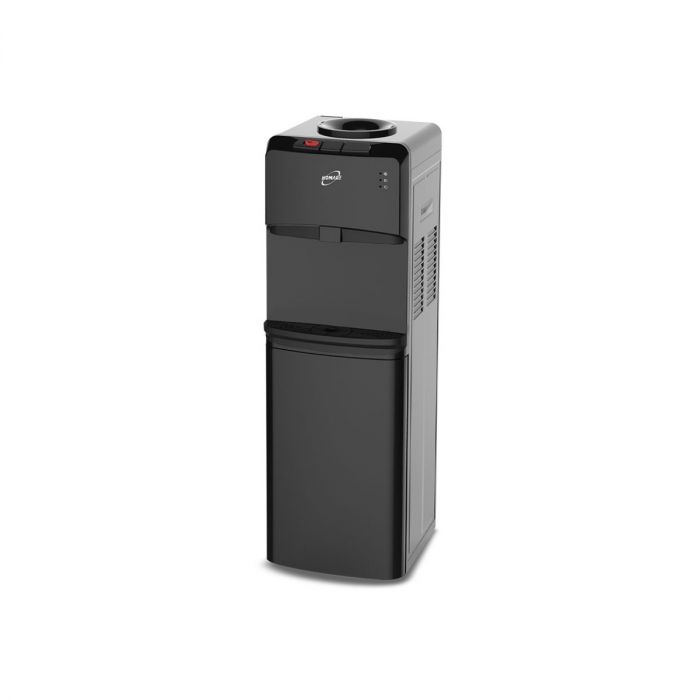
Filter Effectiveness and Replacement
Clogged or ineffective water filters can fail to remove contaminants, compromising the quality of the water being dispensed.
Dispenser Malfunction and Leaks
Issues with the water dispenser’s mechanical components can result in leaks, spills, or other malfunctions that may pose safety hazards.
Regulatory Standards and Certifications
To ensure the safety and reliability of fridge water dispensers, there are various regulatory standards and certification programs in place.
National Sanitation Foundation (NSF) Certification
The NSF, a globally recognized public health and safety organization, sets strict standards for the materials, construction, and performance of fridge water dispensers.
NSF/ANSI Standard 53 and 42
These standards address the reduction of contaminants and the improvement of water taste, odor, and clarity, respectively.
Environmental Protection Agency (EPA) Regulations
The EPA oversees the regulation of drinking water quality and the safety of water-related appliances, including fridge water dispensers.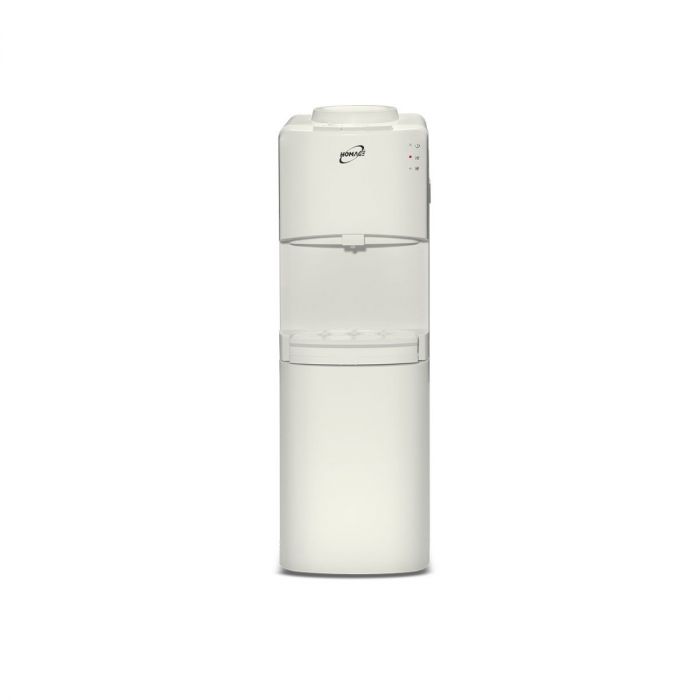
Safe Drinking Water Act (SDWA)
The SDWA establishes guidelines and regulations to ensure the safety and purity of the water supply, so including the water delivered through fridge water dispensers.
Manufacturer Compliance and Warranties
Reputable appliance manufacturers are responsible for ensuring their fridge water dispensers meet or exceed the relevant safety and performance standards.
Warranty Coverage and Maintenance Guidelines
Manufacturers typically provide warranties and detailed maintenance instructions to help ensure the ongoing safety and functionality of their fridge water dispensers.
Proper Installation and Setup
Ensuring a correct and secure installation of your fridge water dispenser is crucial for its long-term safety and performance.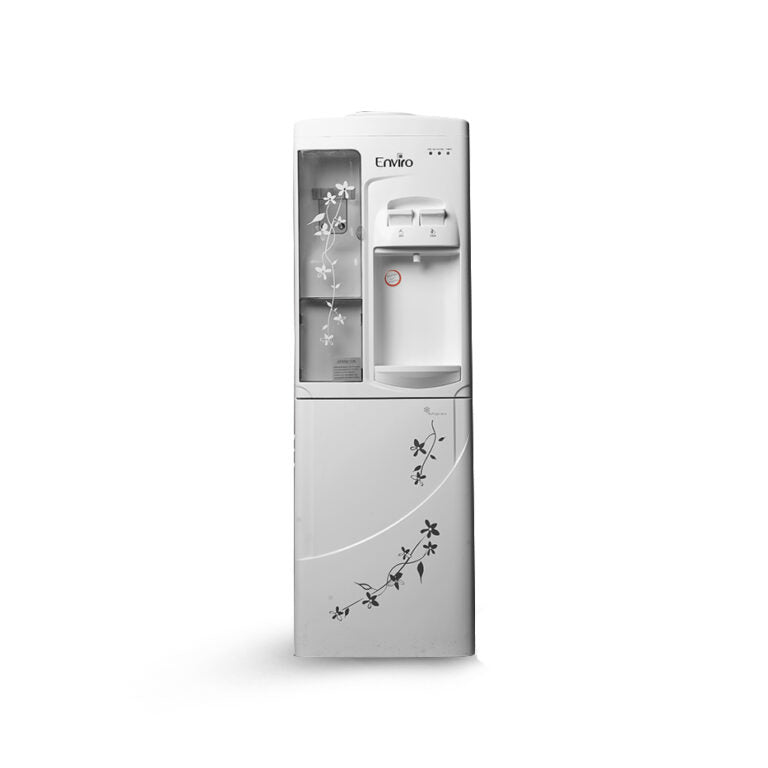
Adhering to Manufacturer Instructions
Carefully follow the manufacturer’s instructions for installing the water dispenser, including the connection to the water supply line and the proper positioning of the unit.
Evaluating Household Plumbing Compatibility
Ensure that the fridge water dispenser is compatible with your home’s plumbing system and that the water supply meets the necessary pressure and quality requirements.
Regular Maintenance and Cleaning
Regular maintenance and cleaning of the fridge water dispenser are essential to prevent the buildup of contaminants and ensure the delivery of safe, high-quality water.
Timely Water Filter Replacements
Replace the water filter at the recommended intervals specified by the manufacturer to maintain the dispenser’s contaminant-reduction capabilities.
Disinfecting the Water Lines and Dispenser
Periodically clean and disinfect the water lines and dispenser components to eliminate any potential bacterial growth or biofilm formation.
Responsible Usage Practices
Adopting responsible usage practices can further contribute to the ongoing safety and reliability of your fridge water dispenser.
Discarding the First Few Cups of Water
When first using the dispenser or after a prolonged period of non-use, so discard the first few cups of water to flush out any stagnant water that may have accumulated.
Avoiding Misuse or Tampering
Refrain from modifying or tampering with the fridge water dispenser, as this can compromise its safety and performance.
Addressing Common Fridge Water Dispenser Safety Concerns
While fridge water dispensers are generally safe when properly installed and maintained, there may be specific concerns that require additional attention and consideration.
Microbiological Contamination
Addressing the potential for bacterial growth and microbiological contamination is a crucial aspect of fridge water dispenser safety.
Selecting NSF-Certified Filters
Opt for water filters that are certified by the NSF to effectively remove harmful microorganisms and pathogens.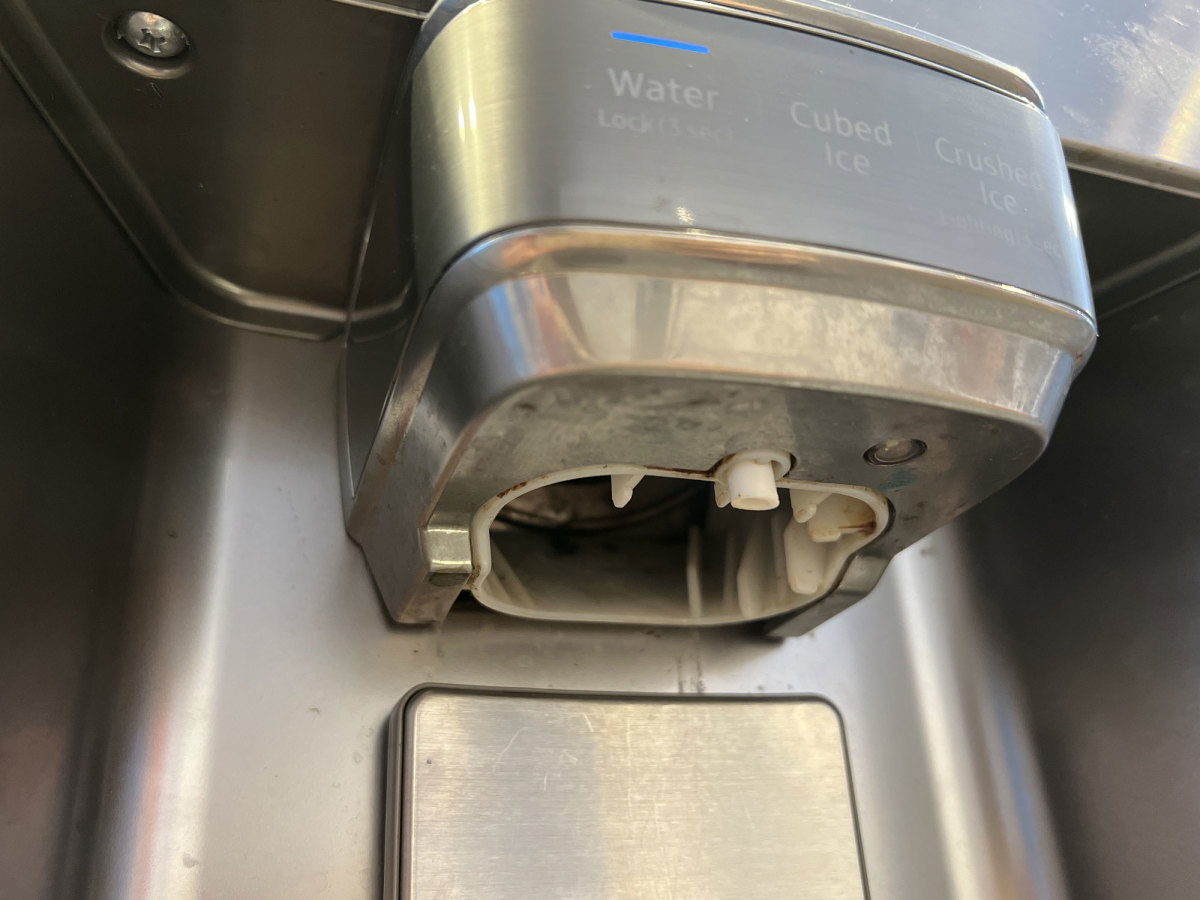
Monitoring for Biofilm Formation
Regularly inspect the water lines and dispenser components for any signs of biofilm buildup, and take appropriate action to disinfect and clean the system.
Chemical Contaminants and Leaching
Mitigating the risk of chemical contaminants entering the water supply through the fridge water dispenser is essential for ensuring safe consumption.
Choosing a High-Quality Dispenser
Select a fridge water dispenser from a reputable manufacturer that uses NSF-certified materials and undergoes rigorous testing for chemical safety.
Mechanical Failures and Malfunctions
Addressing the potential for mechanical failures and malfunctions in the fridge water dispenser can prevent safety hazards and water quality issues.
Adhering to Maintenance Schedules
Faithfully follow the manufacturer’s recommended maintenance schedule, so including filter replacements and cleaning procedures, to ensure the dispenser’s continued reliability.
Conclusion: Quenching Thirst with Confidence and Safety
Fridge water dispensers have become an integral part of modern home life. Offering a convenient and refreshing way to hydrate ourselves and our families. However, as with any appliance that interacts directly with our water supply. It is essential to prioritize the safety and reliability of these water dispensers. Embrace the convenience of fridge water dispensers, but do so with a keen eye on their safety and reliability.

